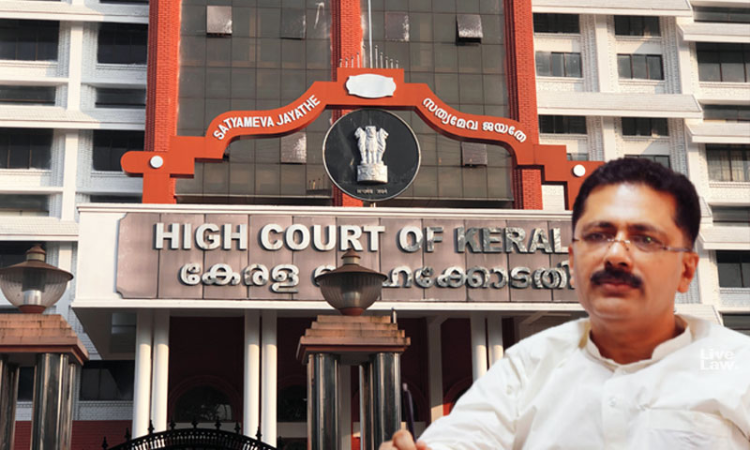The Kerala High Court on Tuesday dismissed the writ petition filed by former Minister for Higher Education and Minority Welfare KT Jaleel, challenging a report of the Kerala Lok Ayukta which had found him guilty of nepotism and favouritism.A division bench comprising Justices PB Suresh Kumar and K Babu affirmed the Lok Ayukta report, stating that Jaleel had not made out any ground...

